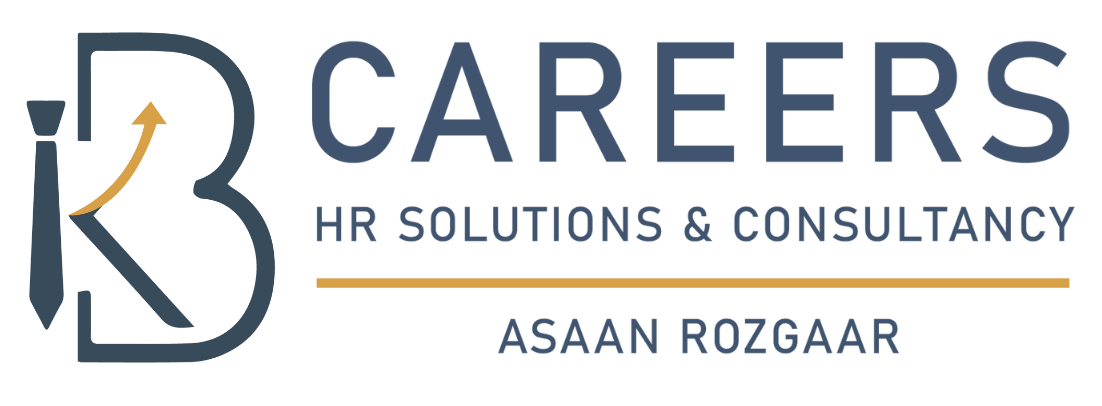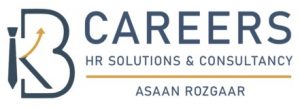Guide To ADHD Titration Cost: The Intermediate Guide For ADHD Titration Cost

Understanding ADHD Titration Costs: An In-Depth Overview
Attention-deficit/hyperactivity condition (ADHD) is a typical neurodevelopmental disorder common among kids and increasingly diagnosed in adults. Effective management of ADHD typically needs continuous evaluations and dosage changes, frequently referred to as titration. While many individuals seek reliable treatment for ADHD, the associated costs– especially for titration– are typically an issue. This short article will explore the factors affecting ADHD titration costs, including the kinds of assessments, medication costs, insurance protection, and more.
What is ADHD Titration?
ADHD titration includes adjusting medication dosages to find the ideal amount that lessens signs while making the most of benefits. This process is typically customized and can require multiple visits to a doctor, making it an important aspect of successful ADHD management. Secret parts of titration consist of:
- Initial Assessment: Establishing a baseline understanding of symptoms.
- Medication Trials: Administering different medications or does to figure out effectiveness.
- Tracking: Regular check-ins with health care suppliers to examine the efficiency and adverse effects of the picked medication.
Elements Influencing ADHD Titration Costs
ADHD Titration Cost titration expenses can vary substantially based upon a variety of elements. Comprehending these components can help patients and households much better expect and handle costs.
1. Evaluation Costs
Before titration begins, extensive evaluations should be conducted. These evaluations might include:
- Initial Diagnostic Evaluation: An extensive evaluation by a mental expert or psychiatrist can range from ₤ 200 to ₤ 1,000.
- Follow-Up Appointments: Regular sees for medication adjustments and evaluations usually average between ₤ 100 and ₤ 300 per session.
Table 1: Typical Assessment Costs
| Kind of Assessment | Cost Range |
|---|---|
| Initial Diagnostic Evaluation | ₤ 200 – ₤ 1,000 |
| Follow-Up Appointments | ₤ 100 – ₤ 300 |
| Mental Testing | ₤ 500 – ₤ 2,500 |
2. Medication Costs
The choice of medication considerably affects titration expenses. Choices typically fall into 2 classifications: stimulants and non-stimulants.

- Stimulant Medications: The most frequently prescribed medications, such as Adderall or Ritalin, usually variety in cost from ₤ 30 to ₤ 300 monthly without insurance coverage.
- Non-Stimulant Medications: Options like Strattera might cost in between ₤ 50 and ₤ 400 each month.
The monetary problem related to medication frequently depends on whether a patient has insurance coverage or copays.
3. Insurance coverage Coverage
While insurance coverage plans differ extensively, understanding protection choices is vital. Factors to consider consist of:
- Out-of-Pocket Costs: Depending on your strategy, this may include deductibles, copays, and protection limitations.
- In-Network vs. Out-of-Network Providers: Seeing a provider within your insurance coverage network can substantially decrease costs.
- Medication Formulary: Some medications may be consisted of on a lower copay tier, while others might be categorized as non-formulary, causing greater out-of-pocket costs.
4. Support Services and Resources
Continued support through therapy or behavioral therapy may likewise be necessary during the titration stage, adding to general costs.
- Individual or Group Therapy: Typically expenses in between ₤ 50 and ₤ 200 per session.
- Educational Support Services: Some families select to engage tutors or instructional experts, which might cost in between ₤ 60 and ₤ 150 per hour.
In addition, online resources and mobile apps exist to support people handling ADHD. A lot of these service fee monthly costs ranging from ₤ 15 to ₤ 50.
Budgeting for ADHD Titration
Given that ADHD titration can be an extended process, budgeting effectively is important. Here are some useful ideas for households navigating costs:
1. Prioritize Insurance Review
Families should carefully review their insurance coverage benefits, paying unique attention to protection information concerning many consultations and medications.
2. Interact with Providers
Clear interaction with healthcare suppliers can help set expectations about the expenses involved in the treatment strategy and titration process.
3. Use Flexible Spending Accounts
If readily available, using Flexible Spending Accounts (FSAs) or Health Savings Accounts (HSAs) can relieve some monetary burdens, as these enable pre-tax spending on medical expenditures.
4. Look For Financial Assistance
Organizations often provide financial backing for medications; families must explore these choices when faced with high costs.
ADHD titration is an essential process in handling signs effectively. Comprehending the associated costs– varying from assessment charges to medication expenses– is essential for individuals and families browsing ADHD treatment. By thinking about factors such as insurance coverage, medication options, and therapy costs, patients can better get ready for the monetary implications of their treatment. It is suggested for clients to maintain open lines of interaction with their health care companies to ensure a smooth and reliable titration experience.
Frequently Asked Questions (FAQs)
1. What is the typical cost of ADHD medication?
The average cost can vary from ₤ 30 to ₤ 400 per month, depending on whether the medication is a stimulant or non-stimulant and whether the patient’s insurance covers the drug.
2. Can insurance coverage cover ADHD assessments and titration?
Lots of insurance plans cover mental examinations and follow-up evaluations, however protection differs. It is essential to check with your insurance coverage provider.
3. How often should titration assessments occur?
Titration evaluations normally happen every 4-6 weeks up until the optimal dose is reached, followed by less frequent evaluations.
4. Are there alternative treatments to medication?
Yes, behavior modification and instructional support are common alternatives that can work concurrently with medication to help handle ADHD signs.
5. Is ADHD titration essential for everybody?
Not everybody with ADHD needs titration; the need varies by individual and depends upon the treatment strategy established with doctor.



